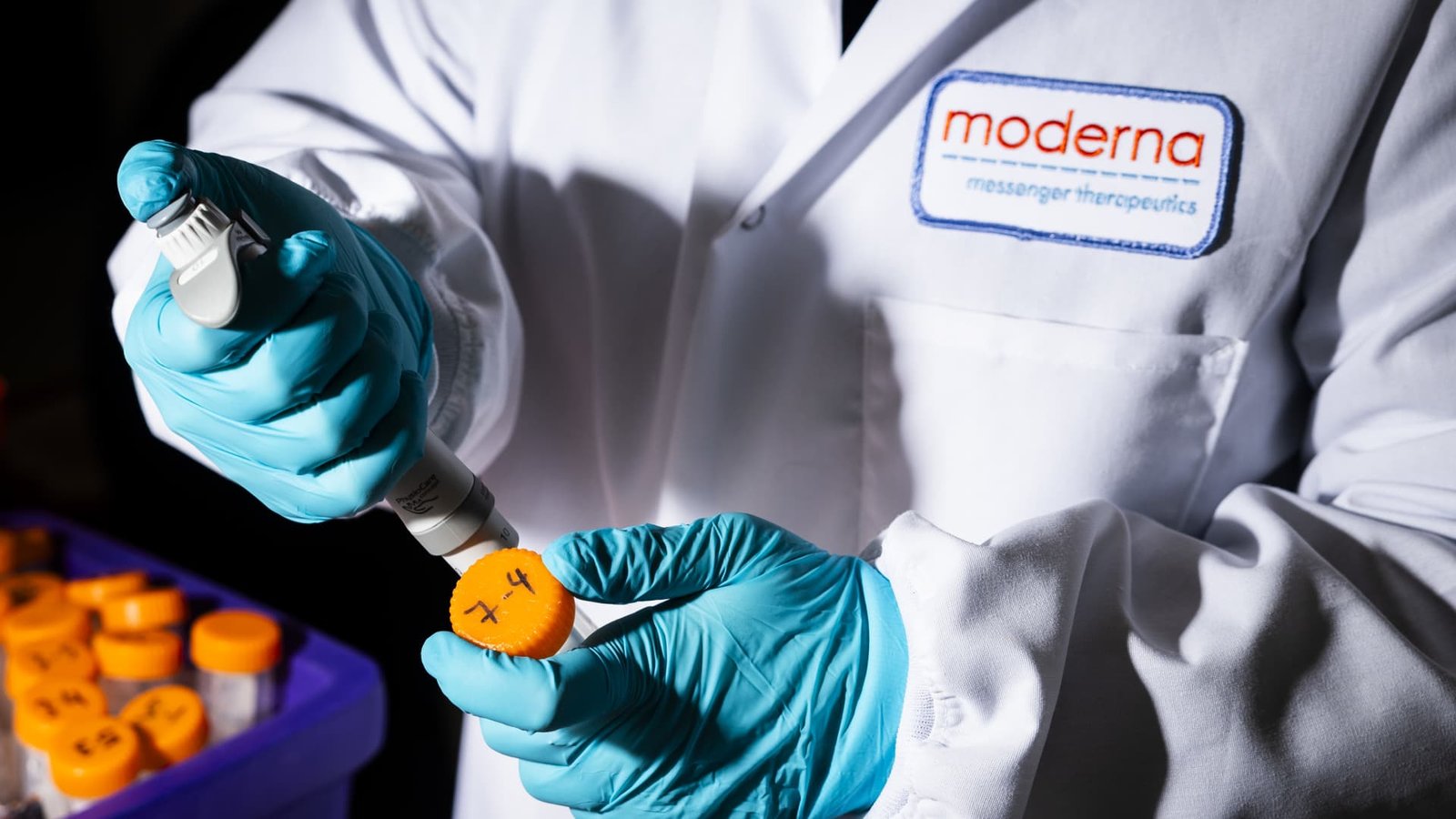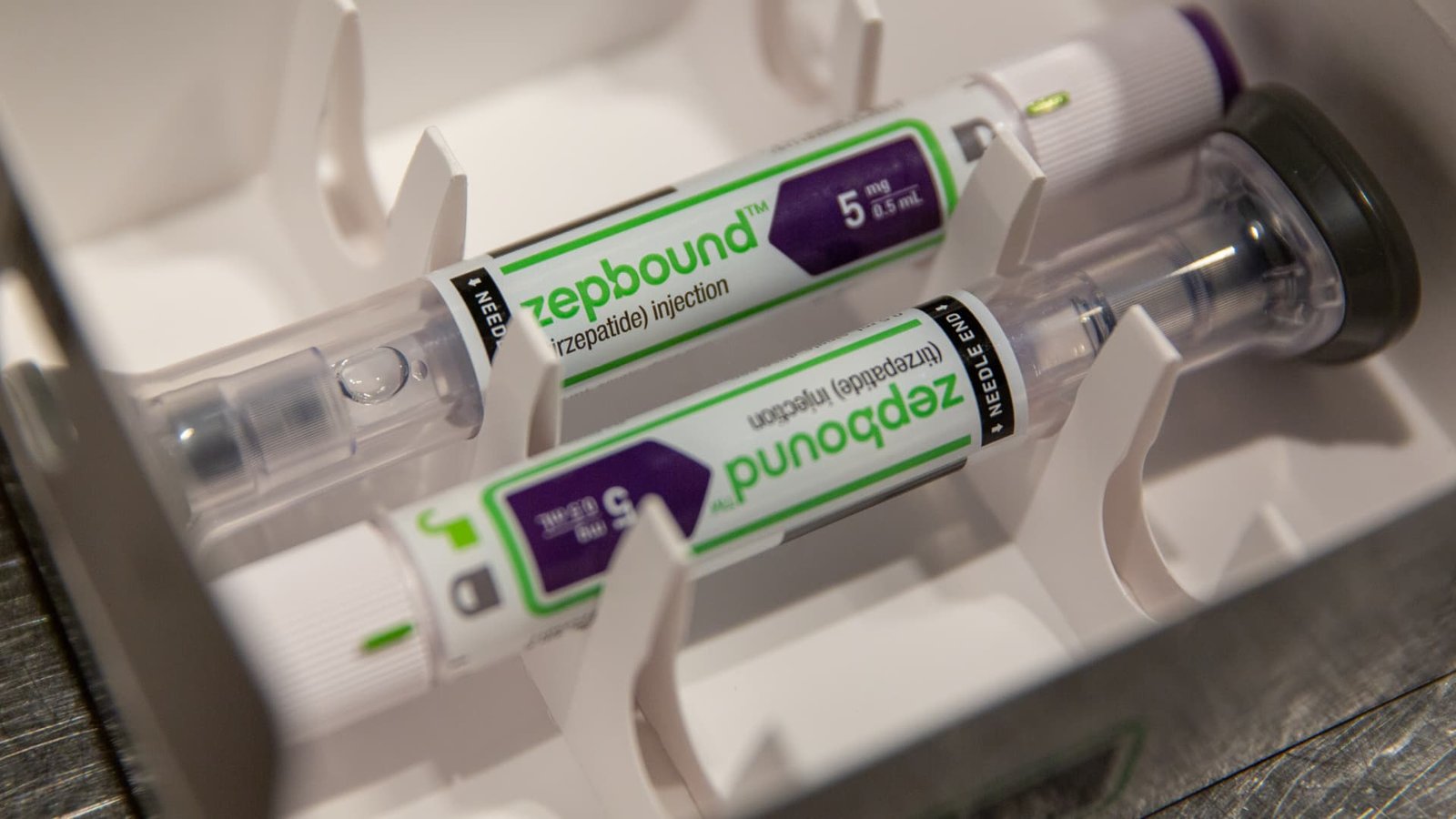In this article, Norovirus is spreading rapidly across the U.S. this winter, and Moderna is working on developing a vaccine for it. A large phase three trial of the vaccine is currently ongoing, with results expected later this year or in 2026. Moderna is waiting to reach a certain number of cases to analyze the data and assess the vaccine’s effectiveness, causing the timeline to be uncertain. Doran Fink, Moderna’s clinical therapeutic area head for gastrointestinal and bacterial pathogens, mentioned that the 25,000-person study is enrolling participants ahead of schedule, possibly due to the increased norovirus cases this season.
Norovirus is a highly contagious stomach bug that leads to symptoms like vomiting and diarrhea. It spreads easily in places like nursing homes, daycares, and cruise ships, and is more common during the winter months. This winter has seen a significant increase in norovirus cases compared to last year, with twice as many positive tests in January and a 36% rise in outbreaks by December 11, according to the Centers for Disease Control and Prevention.
Currently, there is no vaccine available for norovirus due to its various strains, making immunization challenging. Moderna’s vaccine candidate targets the three genotypes responsible for most infections, aiming to train the immune system to recognize and combat the virus. The vaccine does not cover the genotype causing the majority of this year’s infections, but the study aims to determine if it can protect against other strains. Moderna believes that mRNA vaccines offer flexibility for adjustments if necessary.
Moderna’s objective is not to completely prevent norovirus infections, as symptoms appear rapidly after exposure. Instead, the goal is to reduce the severity of symptoms, potentially avoiding the need for medical attention. The company sees potential in vaccinating seniors, who are at higher risk of complications from norovirus, as well as healthcare workers, daycare staff, teachers, and cruise ship passengers. Investors are questioning the commercial viability of the vaccine, particularly for protecting vulnerable populations like nursing home residents and cruise ship travelers.
Currently, Moderna is not testing the vaccine in children, but if successful in adults, it may be studied for use in children as well.




